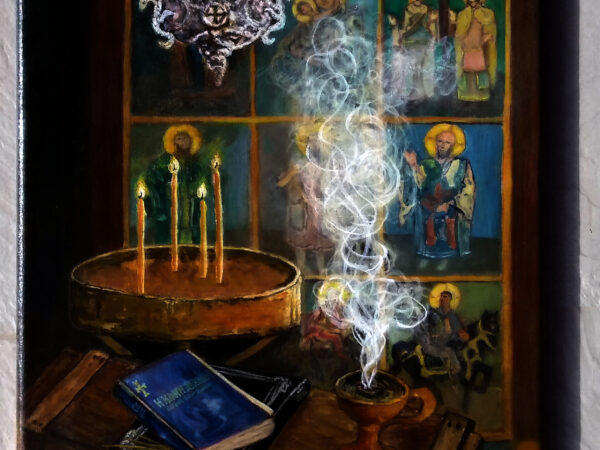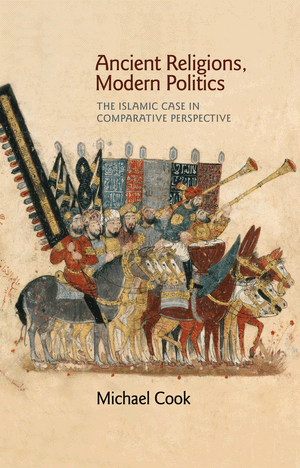
The unity embodied in this psalm is idealistic, imaginative, and radical, embodying fluidity. It disrupts the exclusivist notion of nationalism common in its contemporary literature and embraces unity, which is symbolized as inherently good and pleasant.

The primacy of the inner type of freedom can produce a withdrawal from the world or an attitude of passivity towards its frustrating circumstances, particularly when the believer searches for real freedom exclusively inside the self irrespective of the conditions that exist in the broader socio-political environment.

Last November, members of a Sunni militia in Syria went to a hospital, found a patient whom they took to be a Shi‘ite, and beheaded him. Showing a typical jihadi concern for public relations, they then made a video about the incident in order to get their message out, saying of the Shi‘ites: “They will come and rape the men before the women, that’s what these infidels will do. They will rape the men before the women. God make us victorious over them.” As it turned out, their video proved a bit of an embarrassment: it emerged that the man they beheaded was not in fact a Shi‘ite — but as jihadis will tell you, and not only jihadis, these things happen.
